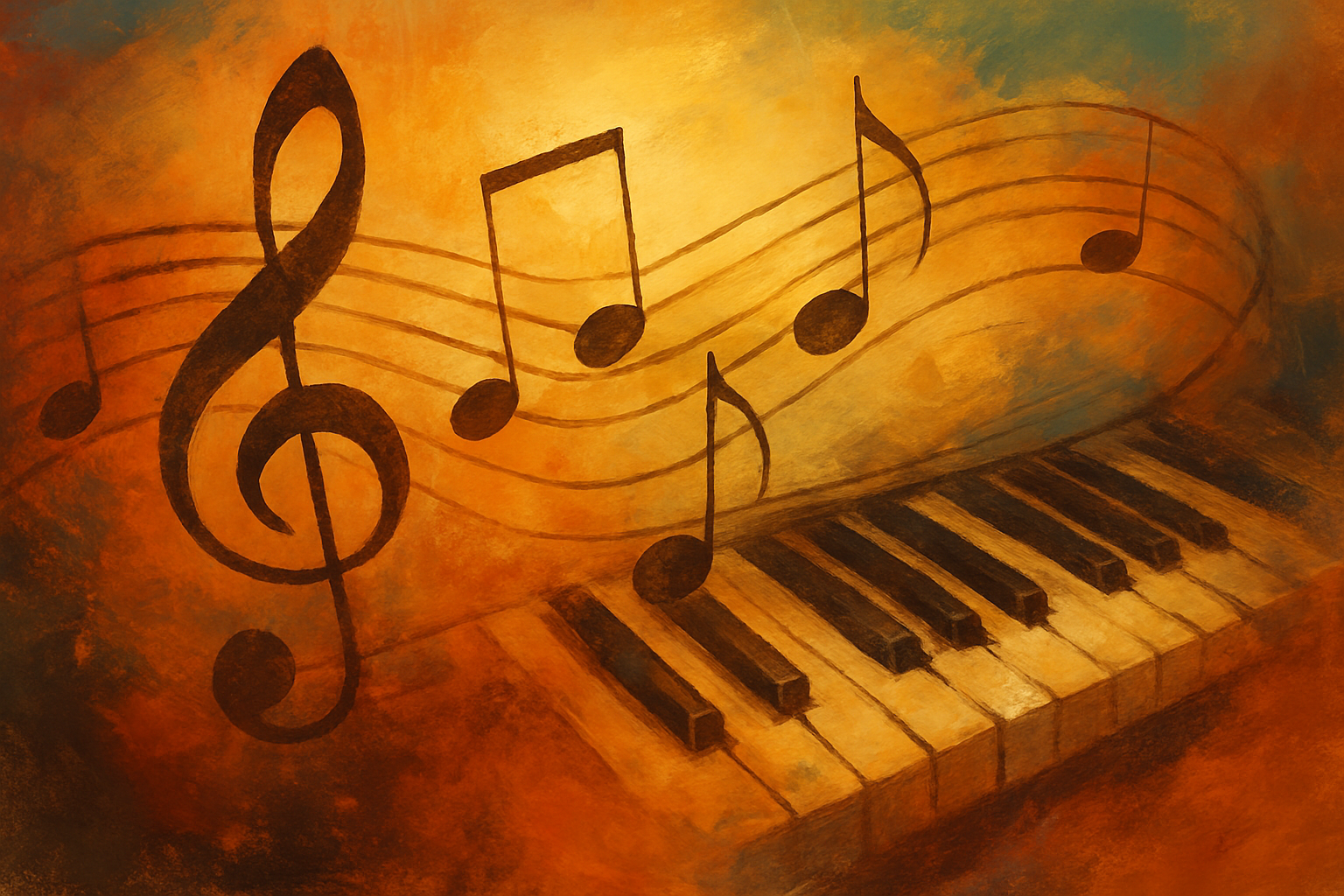Er zijn zeer veel dingen waar ik spijt van heb, met een afstand van enkele decennia bekeken. Veel dingen zijn eigenlijk al met al nog relatief goed afgelopen ook, en ik weet dus ook niet goed of ik voor al de dingen waar ik spijt van heb, met die afstand van enkele decennia andere keuzes zou maken als ik ze zou kunnen maken.
Ik zou eigenlijk van school kunnen veranderd zijn in het tweede middelbaar. Ik zou géén rechten kunnen gestudeerd hebben, pakweg. dan zou ik zonder enige twijfel niet het gezin hebben dat ik heb, want ik ben Sandra tegengekomen tijdens mijn studies, en dan zou ik nu niet doen wat ik nu doe en waar ik al met al wel content van ben. Wie weet deed ik iets academisch hard tegen mijn goesting. Of deed ik onderzoek of gaf ik les, helemaal mét mijn goesting.
Het heeft allemaal niet zo enorm veel zin, te leven in een wereld van wat als en had ik maar en was ik maar. Dat kan een mens kapot maken — ik heb dat helaas van al te nabij meegemaakt.
Maar er is één ding waar ik zeer regelmatig spijt van heb, en waar ik mezelf al decennia aan een stuk voorhoud dat ik er iets aan ga doen: ik houd ongelooflijk hard van muziek, maar ik kan geen enkel instrument écht spelen.
Ik kijk op de Youtubes naar zeer veel muziekvideo’s — ’t is te zeggen, video’s over muziek, muziektheorie, muziekanalyse, dat soort dingen — en ’t is dit filmpje over een drumpatroon die mij deze keer aan heel dat trauma deed denken. Vooral het stukje helemaal op het einde, met de melodie erbij:
De vanzelfsprekendheid waarmee de mevrouw die speelt muziek uit een paar toetsen haalt. Dat een paar hoop en al simpele noten een wereld kunnen oproepen. Dat ik dat zou willen kunnen.
En OK, op verschillende groottes blokfluit en op een klarinet en gelijkaardige blaasinstrumenten kan ik relatief spelen waar ik goesting in heb, na veel proberen en als er geen mensen thuis zijn die ik zot krijg met het proberen, en ik krijg ook geluid uit dwarsfluiten en blokfluiten en zelfs met wat goeie wil trompetten. Maar: (a) ik kan muziek alleen lezen noot per noot en niet vloeiend en vooral (b) ik kan geen klavier spelen.
En jazeker: niets houdt mij in theorie tegen om lessen te volgen en te oefenen en mogelijk na veel jaar een beetje verder te geraken. Mijn goede vriend de lokale AI verzekert mij dat ik met zes tot acht jaar minstens een uur per dag, vijf dagen per week, toch een zekere verbetering zou mogen verwachten.
Dit is het plan voor het eerste jaar. Het lijkt zowaar een beetje min of meer doenbaar. :/
🎯 Overview
Assumptions:
- You’ll practice 5 days a week, for 30–45 minutes a day.
- You have or will get access to a keyboard or piano.
- You’re okay progressing in small, steady steps.
📆 6-Month Plan: “Foundations and Fluency”
Month 1: Getting Oriented
- Learn posture, hand position, and finger numbering.
- Practice simple five-finger exercises.
- Start Alfred’s Adult All-in-One Book 1 (or an app like flowkey).
- Learn 2–3 simple tunes (e.g., “Ode to Joy”, “Scarborough Fair”).
Goals:
- Play hands separately.
- Know note names on the keyboard.
- Recognize notes in treble and bass clef.
Month 2: Playing with Both Hands
- Combine hands for basic songs.
- Start simple chord patterns (C major, G major).
- Do short sight-reading drills 5–10 min/day.
- Learn 2–3 more songs (easy pop/folk melodies).
Goals:
- Coordinate both hands on simple songs.
- Recognize simple chords by sight.
Month 3: Musical Patterns
- Practice common left-hand patterns (e.g., broken chords).
- Continue with Alfred Book 1 or app lessons.
- Introduce dynamics (soft/loud) and expression.
- Learn 3–4 songs: include one with full chords (e.g., “Imagine”, “Let It Be”).
Goals:
- Play short pieces with both hands confidently.
- Read short pieces with minimal hesitation.
Month 4: Short Performance Pieces
- Start memorizing a favorite short piece.
- Do weekly sight-reading challenges (try new simple scores cold).
- Play simple duets (you can record one part and play with it).
Goals:
- Build confidence performing for yourself.
- Start recognizing patterns (intervals, chord progressions).
Month 5: Reading Focus
- Increase reading practice (use sight-reading books or free PDFs like https://www.8notes.com).
- Add new keys: G major, F major.
- Learn to play from a leadsheet (melody + chord symbols).
Goals:
- Comfortably play 2–3 short pieces from score.
- Play from lead sheets using simple chords.
Month 6: Review and Reflect
- Revisit your favorite pieces and polish them.
- Choose one ambitious piece and break it into manageable chunks.
- Record yourself at the start and end of the month.
Goals:
- Be proud of a small “repertoire” of 5–6 pieces.
- Read basic sheet music fluently and with expression.
📆 12-Month Plan: “Growing Skills and Repertoire”
Months 7–9:
- Start Alfred Book 2 or intermediate lessons in your app.
- Learn new time signatures (3/4, 6/8) and minor keys.
- Choose and work on 1 classical piece, 1 pop piece, 1 folk/traditional tune.
Goal:
- Balance reading, ear playing, and chord-based pieces.
- Get fluent in more keys and rhythms.
Months 10–12:
- Focus on musicality: phrasing, tempo, dynamics.
- Start arranging simple songs yourself from a melody.
- Play in front of someone else (even just once).
Goal:
- Comfortably play from score or chord chart.
- Play 2–3 pieces confidently and musically.
🧰 Tools You’ll Need
- 🎼 Method book: Alfred’s Adult All-in-One, or apps like flowkey / Simply Piano.
- 🎹 Instrument: A weighted keyboard or digital piano with 88 keys is ideal.
- 📱 Sight-reading app: Tenuto, Read Ahead, or SRFactory.
- 🎵 Sheet music: Start with beginner scores from sites like https://8notes.com or https://musescore.com.
✅ Ideal workflow for now:
- Use your MICROKORG to start learning:
- Finger positions, scales, reading music, chords, and hand coordination.
- Apps like flowkey, Simply Piano, or books like Alfred’s Adult Piano Course work just fine even on a 37-key keyboard.
- Practice simple melodies or leadsheet playing.
- If you’re still motivated after a few months:
- Make the effort to bring over your digital piano. You’ll feel the night-and-day difference in touch, expressiveness, and realism.
- Everything you learned will transfer—just give yourself a little time to adapt from mini to full keys.
🚨 Warning Signs to Watch For
- Feeling stuck? Record yourself—you’re improving more than you think.
- Practicing too long? Don’t burn out. Shorter, consistent sessions beat marathons.
- Losing joy? Switch up pieces or try improvising again—remember, you love music.


Zeg uw gedacht